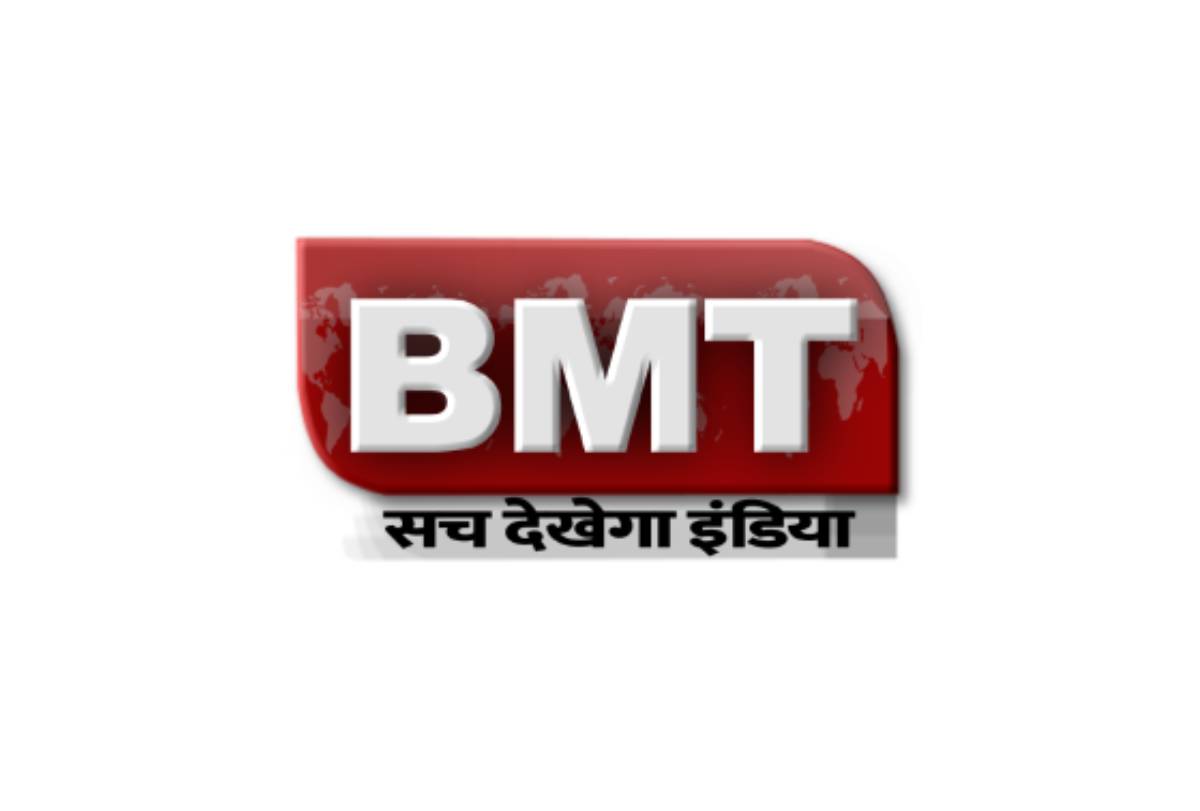Education is the biggest driver of social mobility, pandemic and consequent digitalisation, loss of school hours has further pushed the disadvantages. Decline across board in foundational learning, loneliness due to lack of peer interaction and declining of many parallel ways of learning that happens in education beyond academics and syllabus has only added to the misery of children.
Children have become more vulnerable with significant increase in child labour and child marriage. Unless addressed India is in real danger of losing an entire generation impinging on our growth ambitions and creating fair opportunities for all of its citizens.
We have the resources, technology and will to change; child-centered technology application and budget allocations to support mitigation is critical to redesigning of schools and reimagine functioning of schools; particularly in rural and resource deprived regions.
The upcoming Budget is a golden opportunity to set right the educational gaps and lay foundation for high quality primary education. ASER 2022 has shown the learning outcome gaps at multiple levels, the opportunity to institute mechanism to realise India’s SDG commitments is here and now.
Various studies have reported the generational loss with learning loss, increased dropouts particularly in poorer and technology-deprived sections. Impact of pandemic on learning disparities has deepened inequality in society with unequal access to online platforms in various segments of society.
Existing stock of digital capabilities remains limited even among upper socioeconomic strata. Use of online classes has not been found to be very supportive in learning but created an extra burden on children’s mental and social wellbeing.
The decline in foundational academic skills reported in NCTTE 2022 is enormous, 69-79% of parents reported basic and foundational skills essential for learning different subjects have severely declined in children. Azim Premji Foundation’s report corroborates the assessment reporting 92% of children have lost at least one specific ability in language and 82% in mathematics from the previous year, across all classes.
Learning loss is reported at severity level in among marginalized and poor communities living in remote rural geographies. The gender disparity, with girls with limited access to devices and network connections is another dimension. Students from low-income households and rural background have suffered disproportionately.
Most rural government school teachers have low digital proficiency and have difficulties in guiding students and teaching long hours so as to facilitate active learning. BGVS Jharkhand (2022) reported neglect of school regulation norms prescribed in RTE act in the surveyed 138 primary schools in 16 districts. Similarly in Madhya Pradesh, coalition of civil society organizations- evidenced 72% of schools has ruptured water supply and other facilities and 36% schools have at least shortage of 1 teacher.
High rise of dropouts from private schools due to inability to pay fees. After schools reopens, their number significantly increased in enrolment in private schools too. Perhaps the enrolment rate has increased in private schools while dropout rates in government schools have increased.
We need a robust plan and strategy with specific measures required to bring out-of-school children, mitigate in accelerated manner learning deficits a mass-scale in-school bridge program for the learning gaps is critical supplemented with off-classroom support on foundational outcomes.
The Right to Education framework provides for “whole of society” approach bringing CRCs, School heads, teachers, active SMC members and Panchayat/urban bodies to assess the situation with respect to children’s psychosocial well-being and safety. Few state governments have made additional provision for specialised care for children have lost their near and dear ones, the institutional space of schools can be a good place to support them and can be supplemented with parents and teachers counselling as particularly synchronising mental and/or emotional state and academic preparedness.
Budget support for new measures piloted particularly digital processes is critical to support quality teaching, supportive environment, and RTE mandated infrastructure in schools. School heads, teachers, administrators, community leaders and local NGO facilitators need to come together and find collaborative ways to find solution to address learning loss of children. Closer school and community linkages and partnerships could be made in creating learning spaces.
The last two years have provided many activists, education workers and teachers the opportunity to redefine ownership of the school. Without tackling social distance; the digital divide cannot be addressed, there should be a push to corporate bodies and Ed-tech start-ups in the domain to prioritise and invest in rural education. Teachers’ capacities and infrastructure support is required to efficiently deliver online classes.
Technology should be used as a tool to support the teachers but not to replace teacher and school. A solution has to be devised at all levels of the Government to ensure that adequate facilities are made available to children across social strata so that access to education is not denied to those who lack resources.





